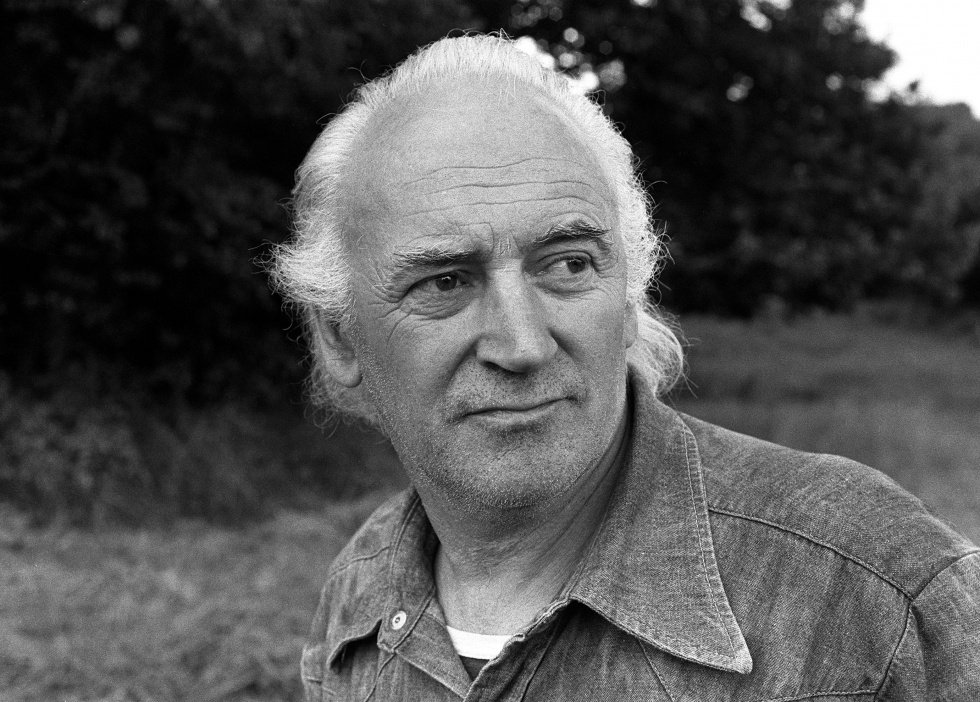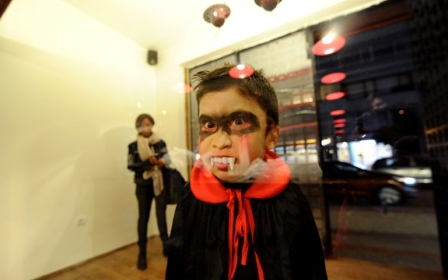Firebrand film director Vautier, a critic of French role in Algeria, dies

The radical film-maker Rene Vautier, who claimed to be the "most censored director in France," died on Sunday aged 86, his family said.
He died in hospital in his native Brittany, according to his wife, fellow director Soazig Chappedelaine Vautier.
A lifelong firebrand and critic of French colonialism, Vautier is best known for 'Avoir 20 ans dans les Aures' (released in the UK as To Be Twenty in the Aures), which depicted young French army conscripts being turned into killing machines during the war in Algeria.
During the war, which lasted from 1954 to 1962, the French army depended on conscripts to supply an estimated 56 percent of its troops.
Vautier’s film on the topic, released in 1972, won him the international critics' prize at the Cannes Film Festival in the same year.
However, like much of his work it brought him into conflict with French authorities.
Many of his films were banned or condemned by the establishment, and one even landed him in prison.
He was sentenced to a year in jail for making 'Afrique 50,' which he shot when he was just 20, and which he embarked upon as an assignment meant to portray the realities of everyday life in a West African village.
The resulting film denounced the crimes of the French army and the lack of education afforded to the populations of French colonies – it is widely seen as the first French anti-colonial film.
When asked why he had taken such a different course, Vautier said at the time that he was shocked by the: “lack of teachers and doctors, the crimes committed by the French Army in the name of France [and] the instrumentalisation of the colonized peoples."
Before his arrest, French authorities seized his film materials, and Vautier ended up making the 17-minute segment from a few salvaged spools.
It was banned for 40 years, and was not shown in France until 1990.
In 1973, the director went on a hunger strike to call on French censors to stop interfering with films on political grounds.
Gilles Jacob, the former president of the Cannes festival, told AFP that: "Rene Vautier was a politically engaged film-maker when censorship reigned. He was one of the just."
The war in Algeria, about which he made nearly a dozen films, was his great cause. Vautier was branded a traitor for making 'Algeria One Nation' in 1954, and was charged with "endangering national security.”
However, during a wide-ranging career he made over 150 films, also focusing on racism in apartheid South Africa, the environment and far-right extremism at home in France.
He also went on to train a generation of Algerian film-makers.
On the eve of independence in 1962, Vautier also helped to found Algeria’s National Audio-Visual Centre, which trained young cinematographers and technicians in the skills needed to produce films.
He worked as a supervisor for the centre from its foundation in 1962 until 1966, when he returned to France.
In their obituary of Vautier, Radio Algeria described him as the “spiritual father of Algerian cinema.”
New MEE newsletter: Jerusalem Dispatch
Sign up to get the latest insights and analysis on Israel-Palestine, alongside Turkey Unpacked and other MEE newsletters
Middle East Eye delivers independent and unrivalled coverage and analysis of the Middle East, North Africa and beyond. To learn more about republishing this content and the associated fees, please fill out this form. More about MEE can be found here.




